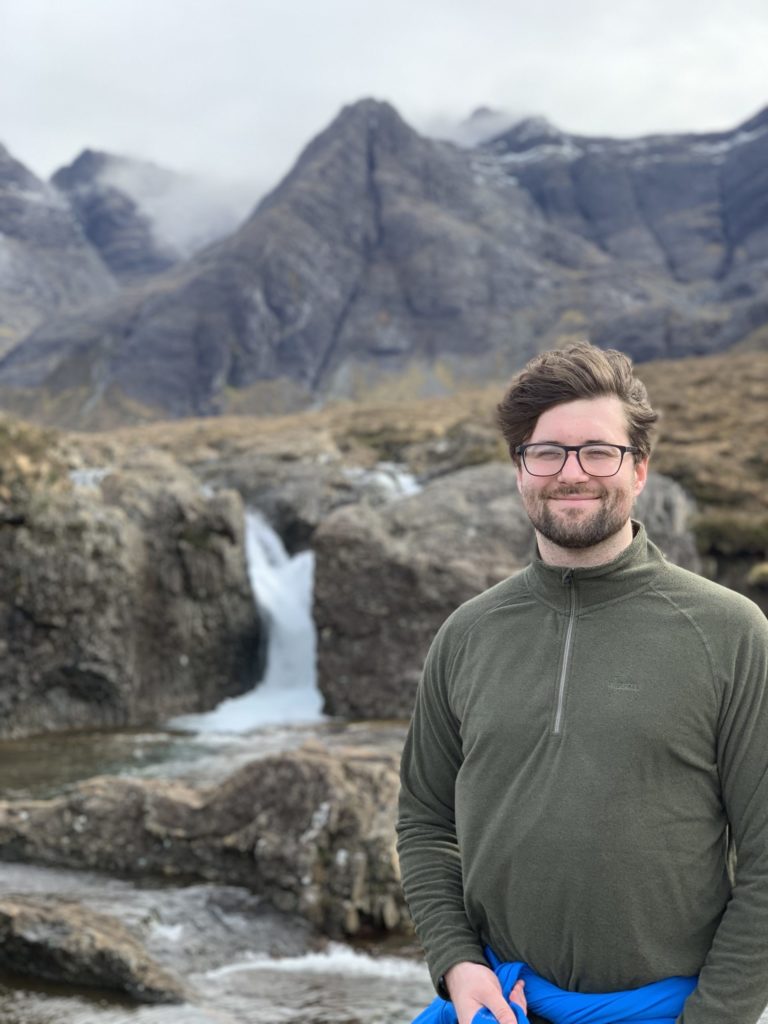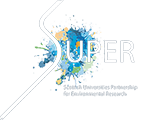
Understanding and exploiting stoichiogenomics to harness reactive nitrogen in sustainable food production systems
PhD Aims:
- To use polychaete worms to assimilate nitrogen rich waste sources from Scottish Aquaculture
- To assess how nitrogenous waste sources affect the genomic and proteomic composition of polychaete worms
- To provide a proof of concept that polychaete worms can have a desirable fatty acid profile and therefore be milled to create livestock/fish feed.
- To use elemental stoichiogenomics to understand the structure, organisation and interaction of microbial communities in the gut of deposit feeders, soils and sediments and their role in elemental nutrient cycling.
PhD Objectives:
- Elemental stoichiometry provides a framework to understand the structure, organisation, function and interaction of microbial communities in deposit feeder gut, soil and sediment microbiomes. A stoichioproteomic analysis of microbial communities from different environments, including agriculture, aquaculture and engineered bioremediation systems will be conducted to test the hypothesis that GC content is positively correlated with environmental Nr availability. Specifically, we compare and contrast the elemental composition of published microbial genomes using annotated sequencing data from soils, sediment and bioremediation systems currently available through the Earth Microbiome Project and other databases.
- Integrative microbiome research is critical to promote the sustainable use of resources and exploit the metabolic potential of microbial communities. We will take a ‘system microbiome’ approach by working with microbiomes (soil, sediment and gut microbiomes of deposit feeders), and the role they play in elemental nutrient cycling and the global N budget.
The polychaete H. diversicolor will be cultured on N-rich saline waste from intensive land-based RAS and anaerobic digestors (AD). Metagenomic techniques will be used to identify the main taxa and functional genes involved in N transformation pathways in sediment and H. diversicolor gut microbiomes and the interactions between these microbiomes. Genomic DNA will be extracted from sediment and invertebrate gut samples and amplicons will be sequenced on an Illumina MiSeq platform. The relative abundance of N metabolism genes will be mapped to taxonomy and correlated with novel proteomic data permitting deep insights into the key taxa involved in N transformations. - The impact of Nr availability on the transcriptome and proteome of H. diversicolor will be investigated by combining long-term growth trials and metatransciptomic techniques. The polychaetes will be harvested for transcriptome sequencing and proteomic analysis both de novo and via in silico translation. They will be further analysed through stable isotope analysis to visualise and either prove/disprove the relationship between genomic GC content and N.
Contact Details:
- Email: hamilton@sams.ac.uk
- Linkedin: www.linkedin.com/in/callum-hamilton-457231151/
Updates:
- Working with established researchers on an Innovate UK project
- Assisting with the running of the SAMS seminar series (any presenters, please get in touch!)
